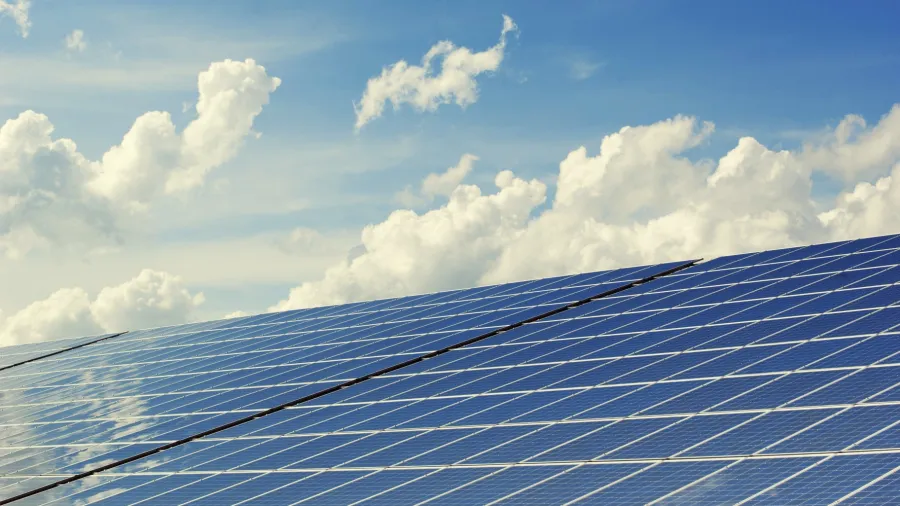
Speeding up energy transition key to ensuring energy security: report
Price increases in oil and gas can have long-term implications.
Energy security vulnerabilities in Southeast Asia can be addressed by accelerating clean energy transitions amidst price increases in oil and gas, according to the International Energy Agency (IEA).
In the Southeast Asia Energy Outlook 2022, the agency noted that the region has been an aggregate oil imported since the middle of the 1990s and high oil prices put “significant strains on consumers and the broader economy.”
It noted that in 2020 alone, Southeast Asia imported around 2/6 thousand barrels per day (mb/d) of oil mainly from the Middle East and Africa, with Thailand and the Philippines accounting for 40% of the total oil imports.
Based on stated policy scenarios, oil imports are expected to increase to 4.6 mb/d in 2030 and 6.2 mb/d in 2050, and the region can become a net neutral gas importer by 2025, importing over 130 billion cubic metres annually by 2050.
“However, the 2021 price increases – further accentuated by the invasion of Ukraine – may have long-term repercussions for the role of natural gas in the region, by changing perceptions on affordability and policy attitudes towards investments in gas import infrastructure,” the IEA said.
“Accelerating clean energy transitions is the key way to reduce today’s energy security vulnerabilities,” it added.
The agency added that oil stockpiles remain an important mechanism serving as protection against supply disruption despite the region taking policy steps to shift from oil.
A number of mandatory operational oil stockpile regimes for companies in Southeast Asia remain in operation, equivalent to fewer than 40 days of oil use, with some as few as six days.
It added that many countries in the region have looked into establishing strategic reserves, whilst Vietnam has already started operation.
The IEA said that targeted investments remain important in the energy transitions, and international cooperation can also play a role by helping in building oil-sharing arrangements with neighbouring countries.
Read more: SEA needs $190b annual energy investments by 2030: IEA
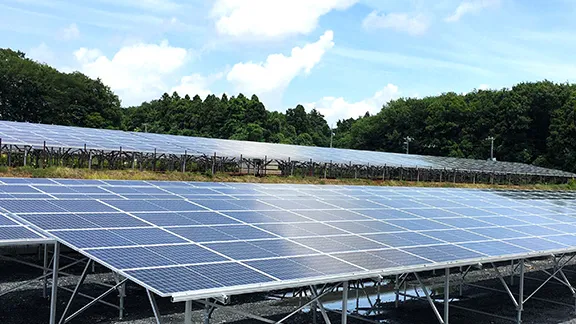
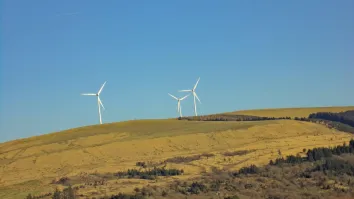
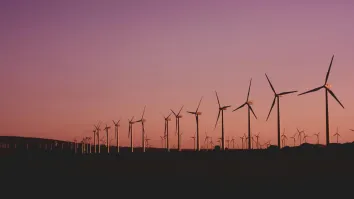
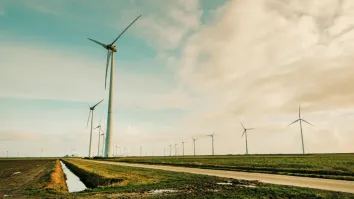
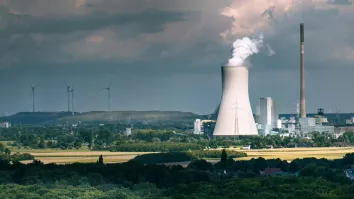













 Advertise
Advertise







